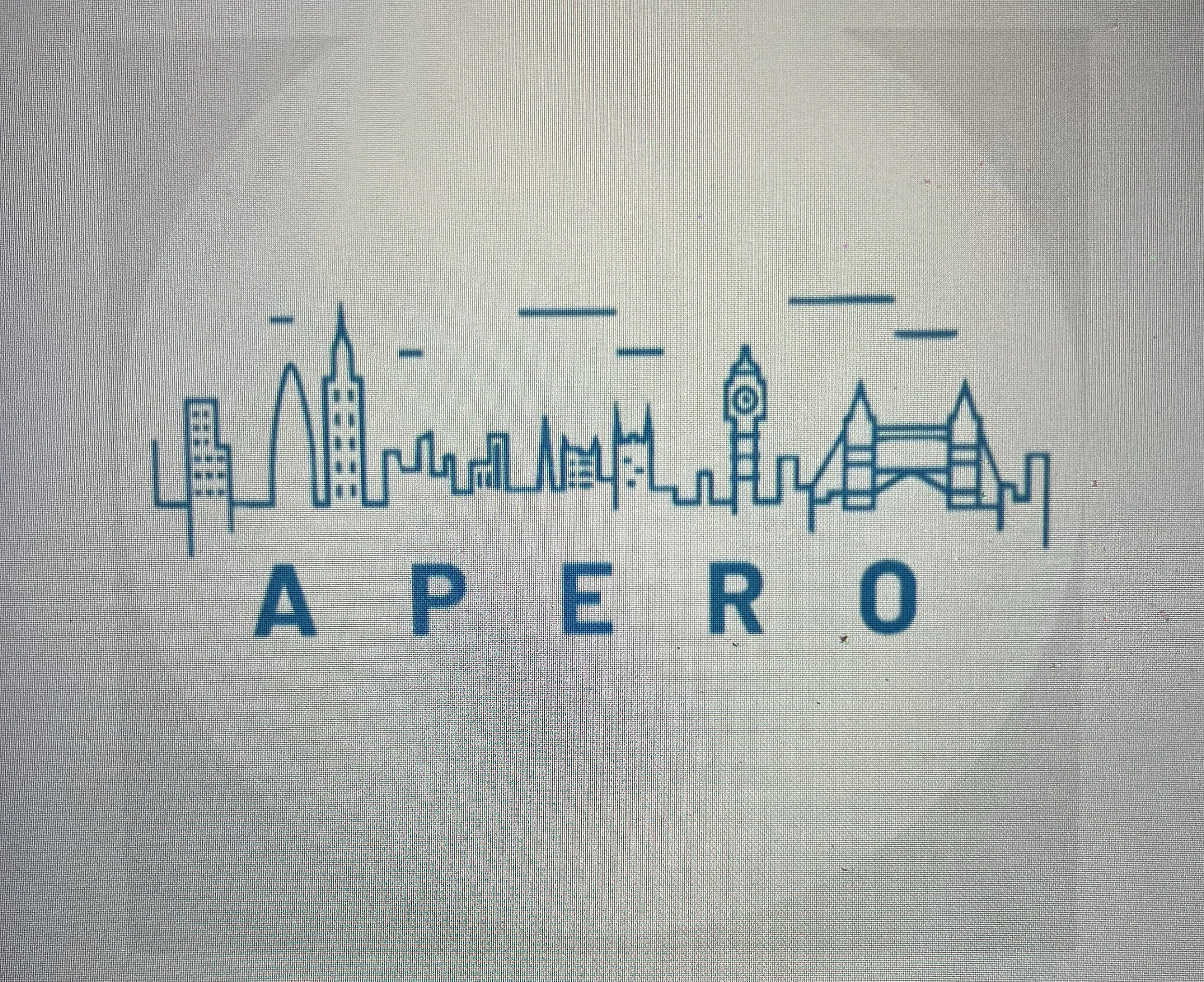Will Artificial Intelligence do for recipe and online content creators what cameras did to the art industry and tourist destinations?
When the camera hit the market in the early 1800s- the art, travel, and museum industries panicked. The immediate solution? No cameras allowed. Their view was people would stop visiting the place and just view the photo killing tourism and fear of counter-fits reducing the value of a painting. When the internet came - even more panic. Take down requests, IP claims etc.
The reality? Cameras complemented and amplified those industries by creating interest, inspiration, desire to visit, and increased value. The people who could afford and wanted to visit still did. Photos opened up a lot to the rest of the world. Humans benefited. Yes, there is still harm and piracy because of cameras but overall - the world was better. Yes, there are still bans of cameras at certain venues to preserve exclusivity and laws of what can and can't be photographed or shared and that is reasonable.
What about AI and recipe creation and online content creators AKA bloggers?
Last week, Nicole Perlroth wrote about deepfakes and mentioned the GetReal solution. This week, in the Apero article below Claire Houlahan covers AI impact on recipe and content creation with the founder of Perchance to Cook.
For now, it's prudent for content creators to start protecting their hard work with things like unique metadata, watermarks, and digital fingerprints with cryptographic hashes etc. Companies like Cloudflare Adobe Copyleaks Content Shield and Orginality.ai should be able to help.
Until Apero's article I hadnt considered the AI a concern and scraping in the content creation and blogging world. Bloggers make money from sponsorships ads based on traffic to their site. They create, photograph, write, code, share, chase Google's algo, respond to viewers, and monitor content theft of photos and recipes (which is common because IP laws are tricky with recipes and some bloggers are lazy). Not easy. For copycats, but folks have backup from Goggle, ad networks, and the industry who slow down, shun, penalize, demonetize or shut down copy cats pretty effectively but now they have to deal with AI scraping and it's not yet sorted on how.
Will AI be good for content and recipe creators? As the camera's impact was monitored, industry leaders, ad networks, search engines, and regulators should oversee AI's impact and protect creators. AI, in its current state, won't complement or enhance online content creation until search engines and AI platforms become more transparent and implement measures like royalty payments, watermarks for fake content, proper attribution, and consequences for content theft and IP violations. Fair use should involve linking back to the original creator, or better yet, compensating them for their work.
1. AI quickly scrapes public and private websites, identifying popular content and even poaching recipe and ingredient lists and photos. This allows AI platforms to take content without any compensation to the original creator. This theft impacts creators' income and disincentivizes them from sharing their work freely. While some EU regulations exist regarding digital and IP rights, it's unclear who to pursue for payment or fines when AI is involved.
2. AI is generating fake photos and videos of food and travel. When people click on more appealing but unrealistic AI generated images and cook stolen or fake recipes over genuine human creations, it has 2 negative consequences: A) viewers may feel duped when what they make doesn't look or taste good hurting their desire to cook; and B) legitimate websites and creators lose views and clicks, which directly impacts their revenue. This demotivates creators, and without them, AI loses its data pool, and humanity loses art. Creators might then resort to paid subscriptions or physical materials, limiting access to valuable content.
3. AI can't create better recipes or music than humans because humans blend art and science, experiment and the add their own unique "flair". Recipes, like music, are never "perfect," which is what makes them human, unique, and appealing. Humans will read or taste AI-generated content and think it too "cleansed" and prefer authentic creations. if creators aren't protected out" and only AI creations remain, the world will suffer.
Good luck!
OneVie

